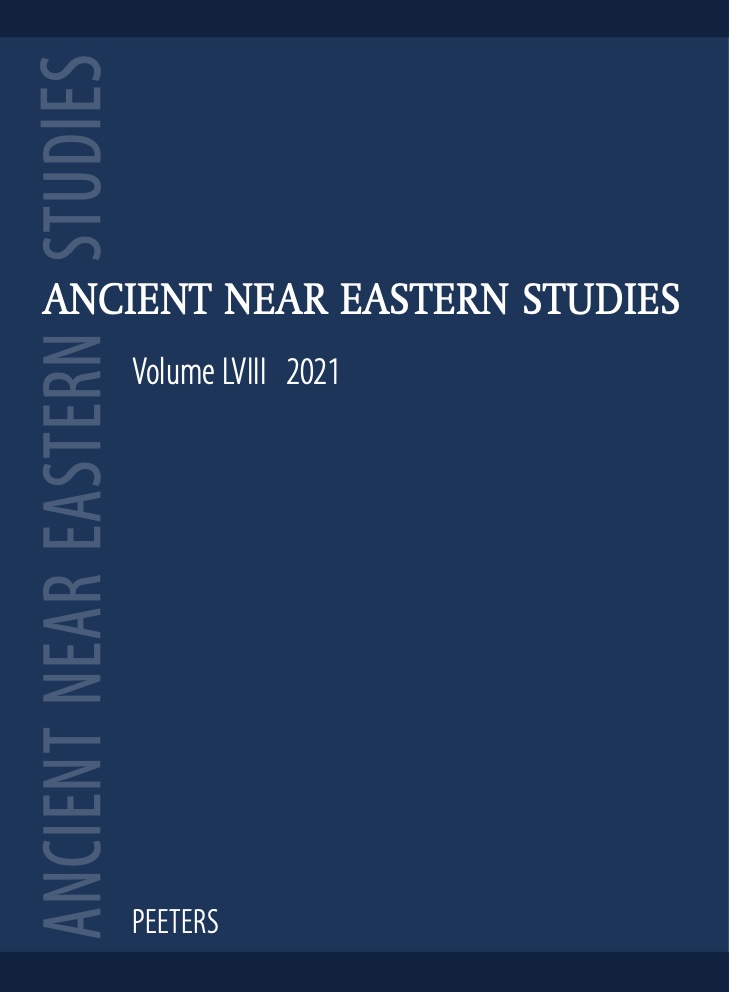 previous article in this issue previous article in this issue | next article in this issue  |

Preview first page |
Document Details : Title: Cooking at Gordion Subtitle: Some Considerations of the Phrygian Identity through the Analysis of Culinary Practices Author(s): CASUCCI, Giacomo Journal: Ancient Near Eastern Studies Volume: 61 Date: 2024 Pages: 147-169 DOI: 10.2143/ANES.61.0.3294027 Abstract : Food and culinary practices – and the material culture connected to them – can be considered a prism through which various political, economic, and social aspects of societies are reflected. The foodways offer a unique possibility to study the cultural identities of individual groups. This paper aims to address the question of the Phrygian identity connected to food preparation through the analysis of kitchenware and fire installations recovered during the decades-long excavations at Gordion-Yassıhöyük. According to recent research and the new chronology of the Destruction Level (YHSS 6A, third quarter of the ninth century to ca. 825 BCE) at the Phrygian capital, the archaeological contexts of each cooking tool will be analysed in order to understand the methods of use and to observe the possible changes and influences during the Early Iron Age and the so-called Early and Middle Phrygian Period. By comparing the two main sites of Hisarlık and Boğazköy, I will attempt to demonstrate that there was a local well-codified tradition and that it was somewhat distinct from the one developed at Troy and marginally different from the one attested at Boğazköy. This will allow me to suggest that cooking was indeed a possible area of identity definition for the population at Gordion during the Iron Age. |
|


